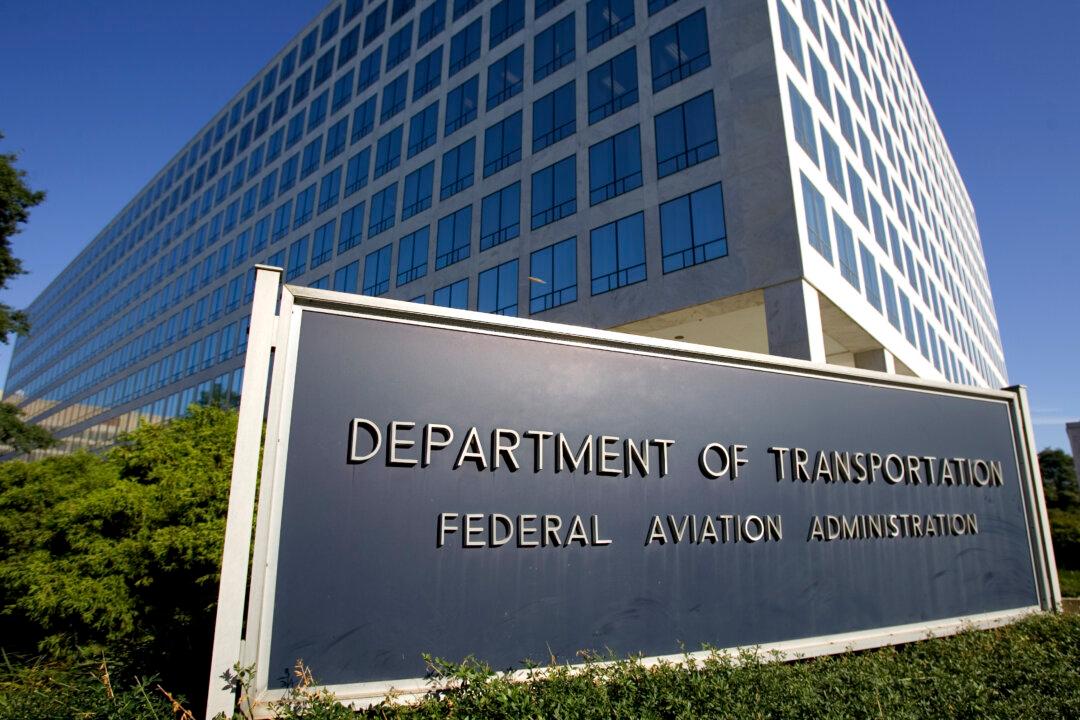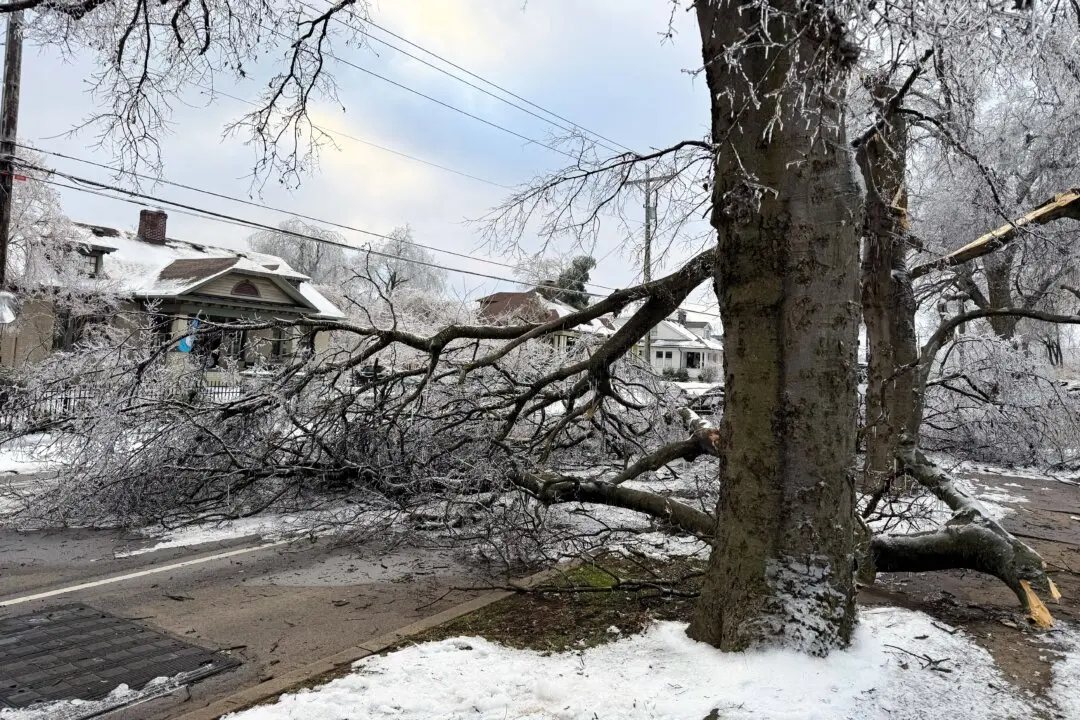The House on Feb. 29 voted 401–19 to confirm a short-term extension of the Federal Aviation Administration (FAA) reauthorization.
The need for the vote came after a December 2023 extension—approved by the Senate and signed by President Joe Biden just before Christmas—was set to expire on March 8.





